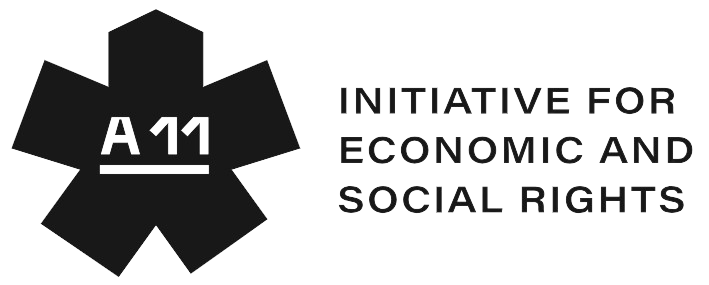How did we do it?

Serbian government initiatives sparked concerns about the impact on digital freedoms and human rights. Issues like misinformation, privacy invasion, and the surge in biometric surveillance demanded urgent action. Moreover,the lack of oversight and public discussion on these technologies hindered proper responses to the misuse of personal data by state authorities.
The GIF Serbia was primarily focused on preventing technology-enabled human rights abuses. To achieve this, we aimed to increase coordination,collaboration, and communication among various stakeholders. By bringing together diverse groups and experts, we worked toward a common understanding and action against the misuse of technology in infringing upon human rights.
A key aspect of our initiative was to reinforce technology and data laws and regulations, ensuring that they robustly protect human rights. We recognized the need for legal frameworks that are not only up-to-date with the latest technological advancements but also provide solid safeguards against their potential abuse.
The overall goal of the GIF Serbia project was to foster a greater respect for,and enjoyment of, citizens’ rights to privacy, association, and freedom of expression, among others. We strived to create an environment where digital rights are understood as an extension of human rights, essential to the full participation of citizens in a modern, democratic society. Through our concerted efforts, we aimed to enhance the protection and appreciation of these fundamental rights.

Our fight for privacy
The GIF Serbia partners dedicated significant efforts to monitoring internet freedom in Serbia. A new Draft Law on Internal Affairs, presented in December 2022, envisaged the possibility of mass biometric surveillance of citizens on the streets and a system for gathering and storing collected data.
The most controversial provisions related to strong political influence in the police’s work, the authorization for police officials to enter citizens’ apartments without a court order, massive use of biometric surveillance, and other solutions that could be dangerous for the human rights and privacy of citizens.
Shared concerns about a potentially permanent threat to the right to privacy, considering the history of violations and misuse of personal data in Serbia, particularly in the realms of freedom of assembly and expression, united GIF Serbia partners in prompt joint advocacy.
“Such a solution should not be found in the final version of the draft because of the consequences it could have on human rights and freedoms. Serbia as a society is not ready for such a system because of all the failures we had in the past in terms of data protection.”
Daily Danas, Ana Toskic Cvetinovic, Partners Serbia, Executive Director
The response was loud, swift, and effective: within 16 days, 6 partner organizations had more than 92 media appearances, covering various formats (news agencies, TV, radio, podcasts, portals). These reached a wide range of audiences at national, regional, and EU levels, organizing press conferences and meetings with members of Parliament and Government, and above all, presenting a united stance for the protection of privacy and human rights.
On December 26, 2022, the Government published a statement saying that the Prime Minister of Serbia, in consultation and agreement with the Minister of Internal Affairs, decided to withdraw the Draft Law on Internal Affairs from the adoption procedure. Had it not been for the efficient and coordinated efforts of the GIF Serbia partners, a law that severely limits human rights in Serbia would have been adopted.













